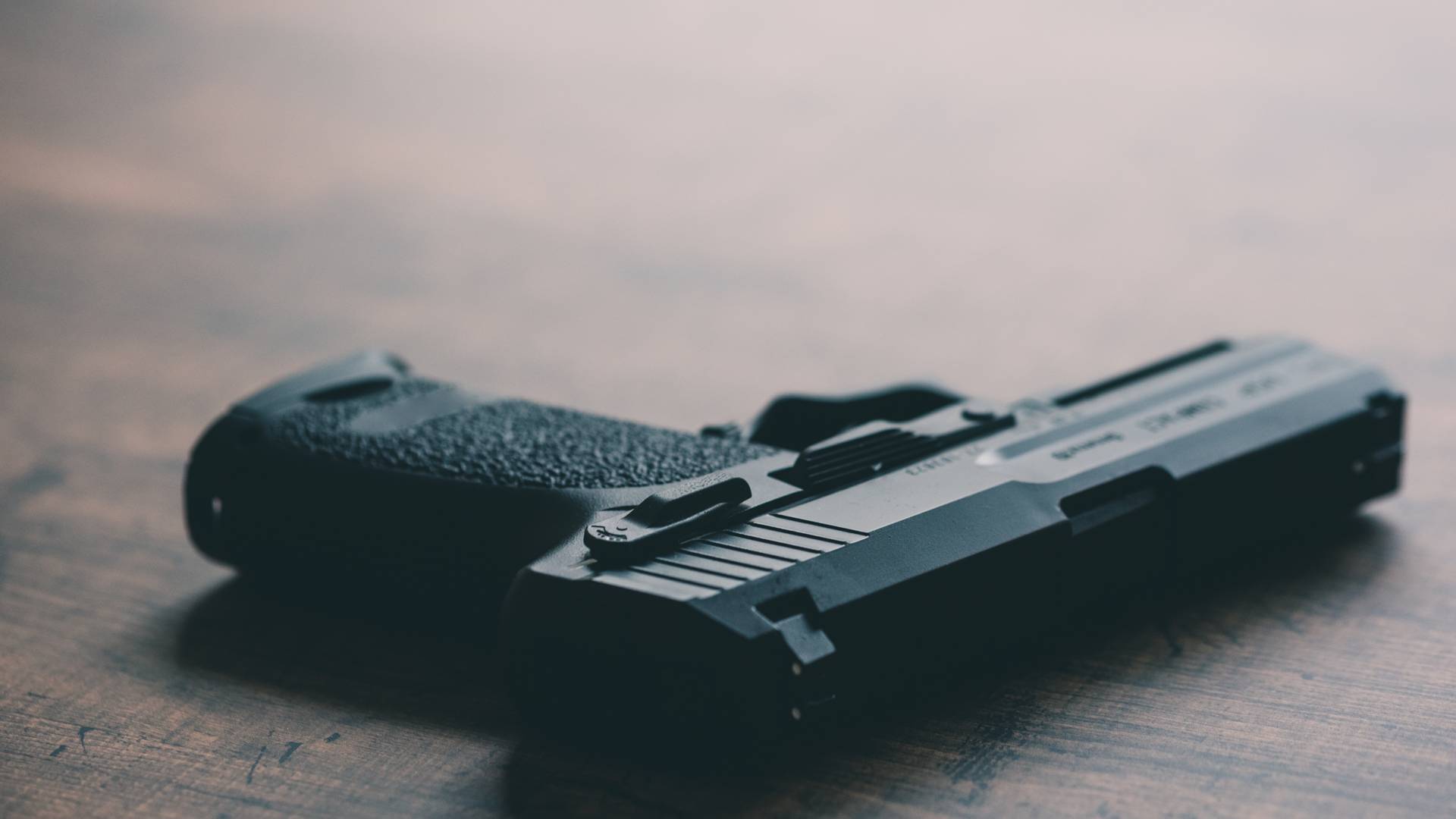Drunk driving charges usually begin with a traffic stop made by police officers. In some cases, they might begin with a DUI checkpoint. In either case, it is crucial for you to understand what is permissible during these stops so that you know if there is anything that you should call into question as part of your defense if you are charged with a DUI.
When you are stopped by a police officer for the suspicion of DUI, the officer must have a reasonable suspicion to stop you. This means that they can't just stop you because you drive a certain color of car or a certain model of car. Instead, there must be specific actions that lead them to believe that you are drunk or breaking the law in some manner.
Some examples of actions that can be considered grounds for reasonable suspicion include making an illegal turn, failing to remain in your lane, braking frequently, driving erratically, driving too slowly, driving too fast or almost running into objects. If a police officer sees any of these actions, there is a reason to believe that you are drunk or unable to drive.
The concept of reasonable suspicion is very different from probable cause, which is what is necessary for the officer to make an arrest. Once the officer stops you for reasonable suspicion, he or she needs to find probable cause, such as a blood alcohol concentration or field sobriety test result, that shows that you are inebriated.
Reasonable suspicion and probable cause are two concepts that can be evaluated for inclusion in the defense strategy. If there are any points that are amiss in either of these points, it can play a critical role in the defense.
Source: FindLaw, "What is Reasonable Suspicion for a DUI Stop?," accessed March 11, 2016
